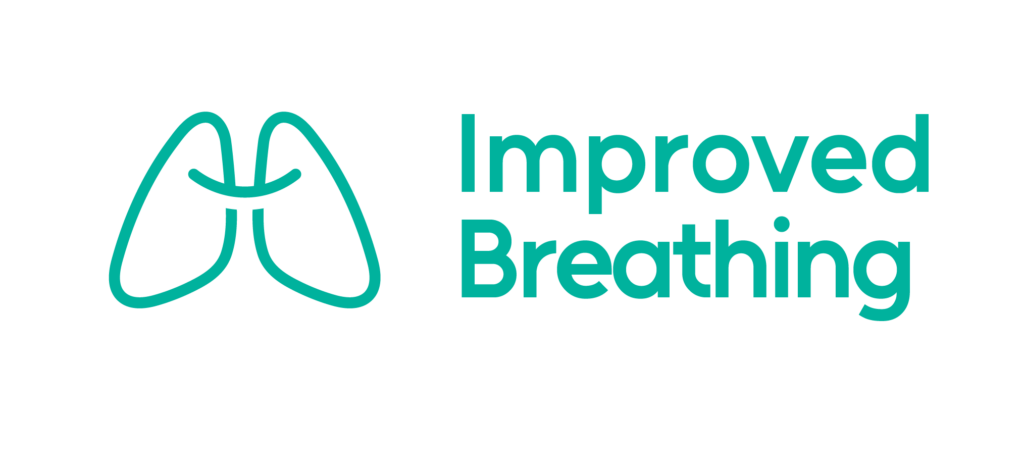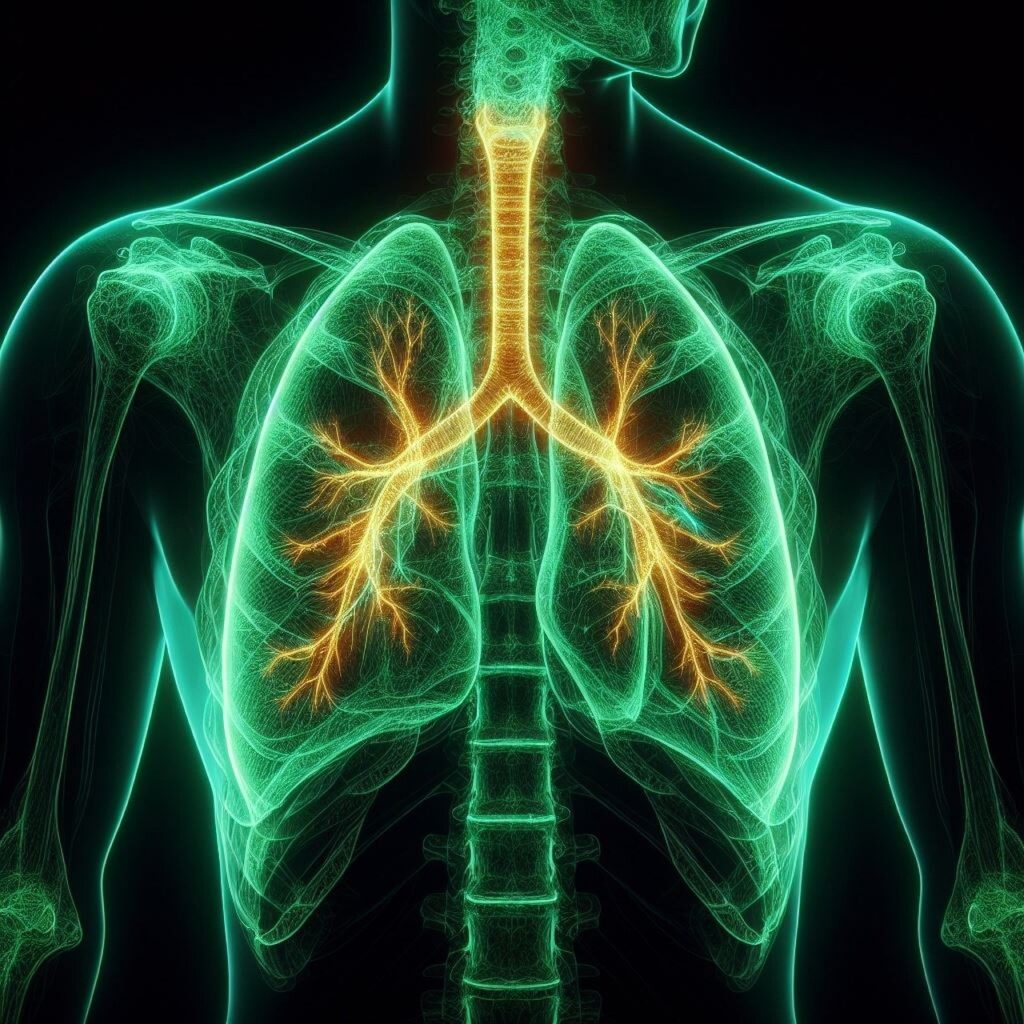Living with a chronic lung condition like Chronic Obstructive Pulmonary Disease (COPD) or emphysema can be challenging, not just physically but mentally and emotionally as well. While much attention is given to managing the physical symptoms, it’s equally important to address the psychological impact of these conditions. In this blog post, we’ll explore strategies to help you navigate the mental and emotional aspects of living with COPD and other chronic lung conditions.
Understanding the Mental Health Challenges
People with COPD and similar conditions often face a range of psychological challenges, including:
- Anxiety and panic attacks, often triggered by breathlessness
- Depression, which can be exacerbated by physical limitations and lifestyle changes
- Frustration and anger due to loss of independence
- Social isolation and loneliness
- Fear about the progression of the disease and the future
Recognizing these challenges is the first step in developing effective coping strategies.
Strategies for Mental and Emotional Well-being
1. Practice Mindfulness and Relaxation Techniques
Mindfulness meditation and relaxation exercises can help reduce anxiety and stress. These techniques can be particularly helpful during episodes of breathlessness:
- Deep breathing exercises (coordinated with your COPD management plan)
- Progressive muscle relaxation
- Guided imagery
- Mindfulness meditation apps or classes
2. Seek Professional Mental Health Support
Don’t hesitate to reach out to mental health professionals. They can provide valuable support through:
- Cognitive Behavioral Therapy (CBT) to address negative thought patterns
- Counseling to process emotions and develop coping strategies
- Support groups specifically for individuals with chronic lung conditions
3. Stay Physically Active
Regular, appropriate exercise can improve both physical and mental health:
- Consult with your healthcare provider to develop a safe exercise plan
- Consider pulmonary rehabilitation programs
- Engage in low-impact activities like walking, swimming, or tai chi
4. Maintain Social Connections
Staying socially active can combat feelings of isolation:
- Join support groups (in-person or online) for people with COPD
- Use technology to stay in touch with friends and family
- Participate in community activities or volunteer work, if possible
5. Educate Yourself and Your Loved Ones
Knowledge is power. Understanding your condition can reduce anxiety and help you feel more in control:
- Stay informed about COPD and its management
- Educate your family and friends about your condition
- Involve loved ones in your care plan
6. Set Realistic Goals and Celebrate Achievements
Setting and achieving goals, no matter how small, can boost your mood and self-esteem:
- Break larger tasks into smaller, manageable steps
- Celebrate your accomplishments, however minor they may seem
- Adjust your expectations and be kind to yourself
7. Practice Good Sleep Hygiene
Quality sleep is crucial for both physical and mental health:
- Establish a regular sleep schedule
- Create a relaxing bedtime routine
- Ensure your sleeping environment is comfortable and conducive to rest
8. Explore Creative Outlets
Engaging in creative activities can be therapeutic and provide a sense of purpose:
- Try art therapy, such as painting or drawing
- Keep a journal to express your thoughts and feelings
- Explore music, either by listening or learning to play an instrument
9. Focus on Nutrition
A healthy diet can improve your overall well-being and energy levels:
- Work with a dietitian to create a nutrition plan tailored to your needs
- Stay hydrated
- Consider how diet affects your symptoms and mood
10. Practice Gratitude
Focusing on the positive aspects of life can improve your outlook:
- Keep a gratitude journal
- Share your appreciation with others
- Reflect on daily positive experiences, no matter how small
Final Words
Living with COPD or other chronic lung conditions presents unique mental and emotional challenges. By implementing these strategies and seeking support when needed, you can improve your psychological well-being and quality of life. Remember, your mental health is just as important as your physical health, and both require ongoing attention and care.
If you’re struggling with the mental aspects of your condition, don’t hesitate to reach out to your healthcare provider or a mental health professional. You’re not alone in this journey, and with the right support and tools, you can lead a fulfilling life despite the challenges of chronic lung disease.














